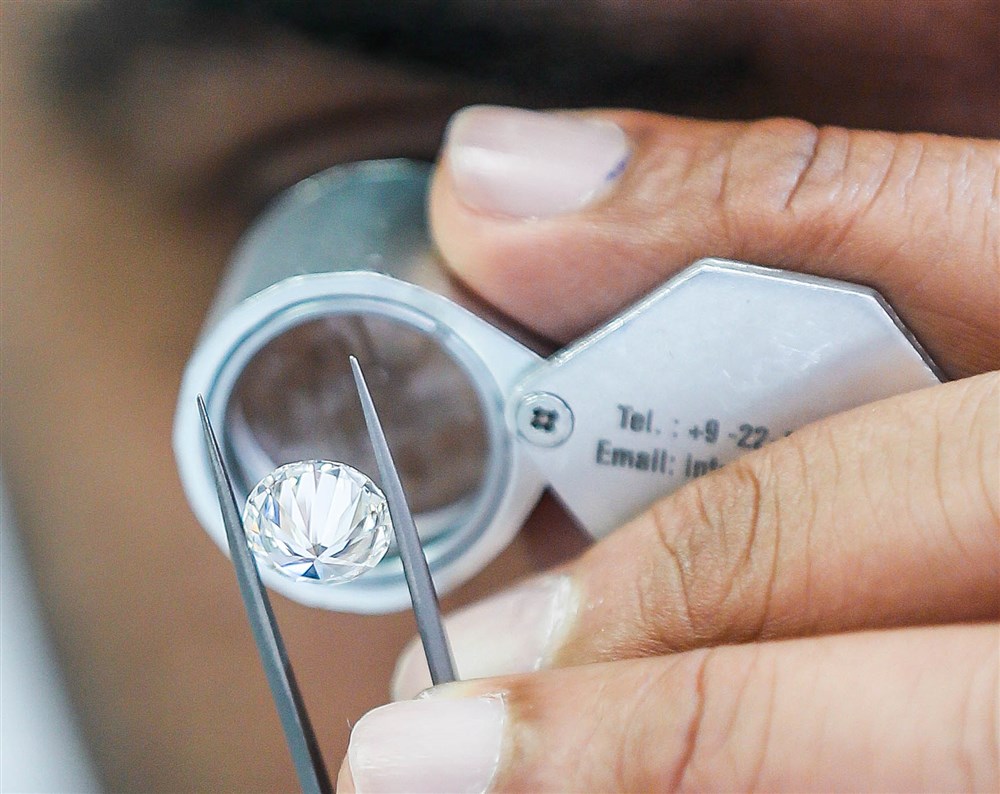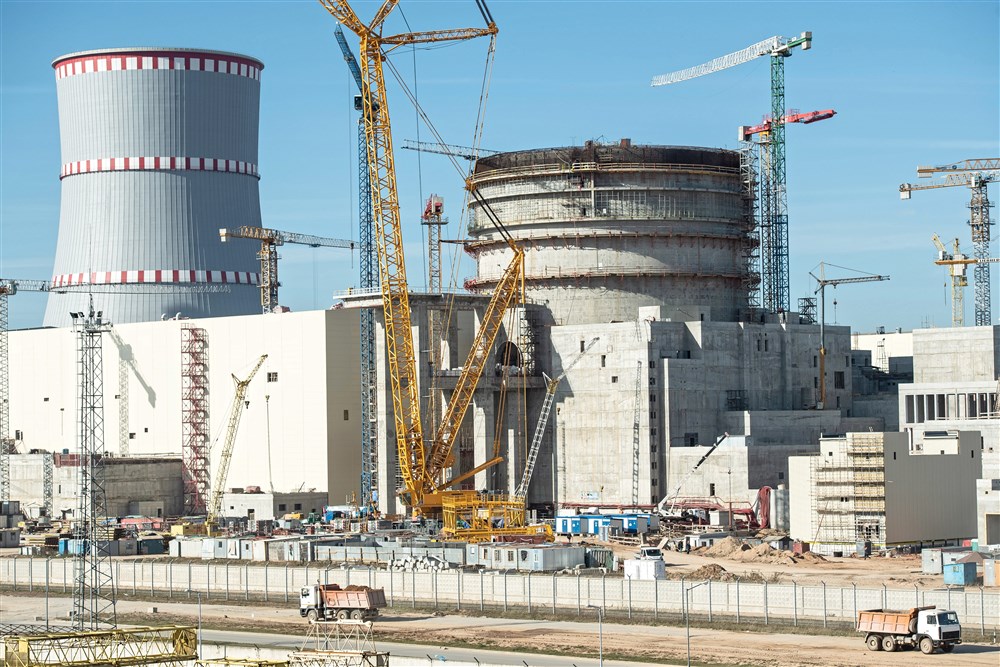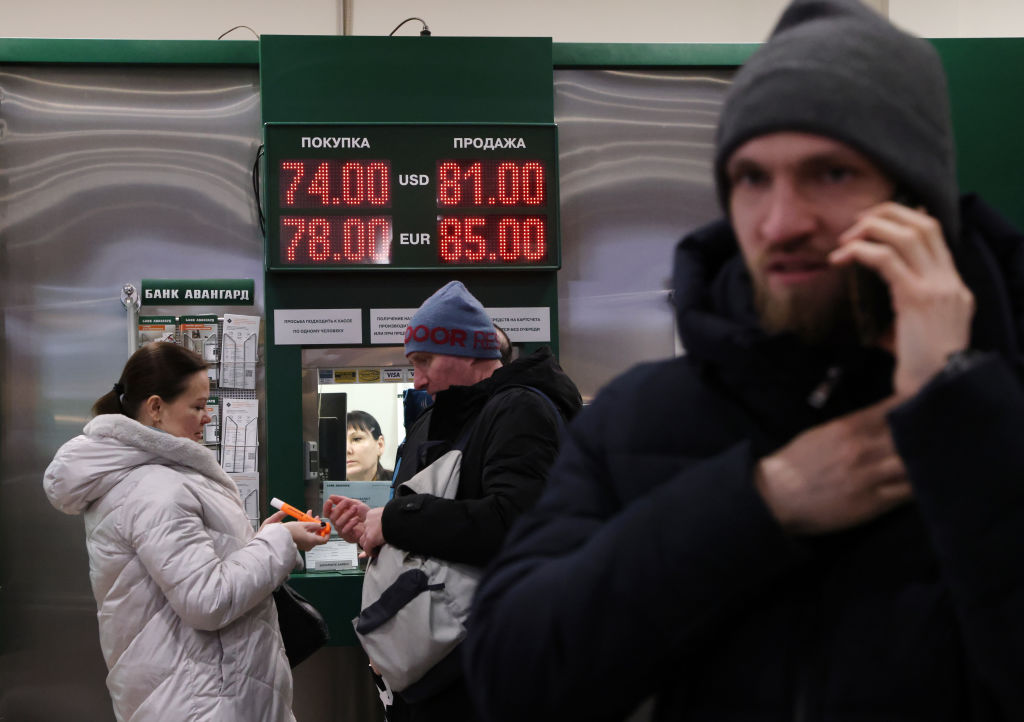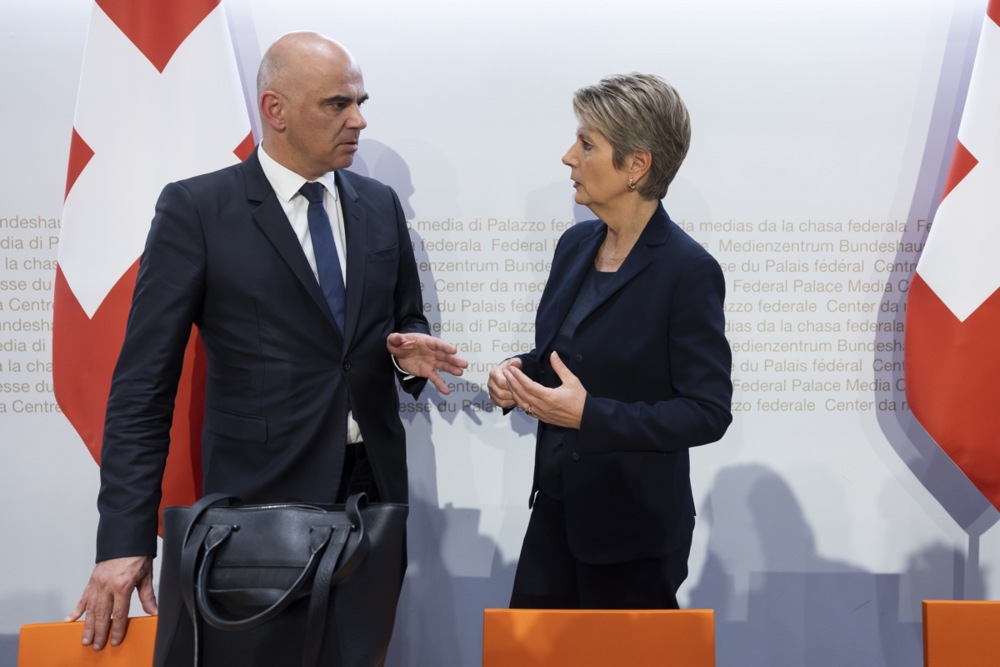A number of top European football clubs including Real Sociedad, Olympique Lyon and PSV Eindhoven among others face potential sanctions violation charges over multi-million-euro player-transfer deals with Russian clubs.
The transfers involved came after the 2022 invasion of Ukraine, when international football bodies UEFA and FIFA shunned Russia. The deals might be now be viewed as problematic, according to an international probe led by investigative outlet Follow the Money.
When Russia invaded Ukraine in 2022, UEFA – the governing body of football in Europe – announced a host of measures against Moscow, including suspensions and sanctions on Russian clubs. A special transfer window for foreign players stranded in Russia was also developed.
The European clubs in the spotlight may be at risk of violating European Union, US and other rules by engaging in transfers with Russian clubs associated with individuals sanctioned for their roles in Russian President Vladimir Putin’s regime, and/or in the Ukraine conflict.
For example, Camilo Reijers de Oliveira, a Brazilian-Dutch footballer, went from Belgian Pro League club RWD Molenbeek to Russian Premier League team FC Akhmat Grozny, which is owned by the Russian Republic of Chechnya.
Chechen President Ramzan Kadyrov, who has been under both EU and the US sanction since 2014, wields considerable power within the club.
Despite the negative associations, Reijers de Oliveira’s parent club Olympique Lyon went ahead with the transfer.
The Follow The Money investigation indicates that 28 EU football clubs might have breached sanctions by conducting transfers with Russian clubs.
The Dutch national football association KNVB, along with other EU national football associations, may also be implicated in violations by handling funds for transfers that potentially breached EU sanctions.
Since the invasion of Ukraine, there have been 99 transactions involving Russian football teams, with an estimated worth of more than €300 million, according to Follow The Money’s probe.
Within the EU, 38 clubs signed 45 partnerships with Russian clubs, raising questions about the thoroughness of compliance checks, it said.
According to the outlet’s research, clubs’ dealings with EU-sanctioned individuals or businesses may have been “accidental”.
European teams such as PSV Eindhoven and Red Bull Salzburg have defended their business relationships with Russian competitors by invoking what they said was FIFA, the international governing body, and UEFA approval alongside that of the banks involved.
Both football governing organisations maintain that it is an individual club’s responsibility to ensure compliance with all international penalties, dismissing assertions that the bodies bear the major burden themselves.
The complexities accompanying the possibly suspect transactions, which involve payments and ownership structures in a volatile sanctions landscape, add levels of ambiguity to the possible infractions, observers say. Rigorous adherence to restrictions sometimes proves difficult in practice, experts point out.
To simplify payments for transfers to Russian clubs, UEFA has implemented an escrow account method. This strategy has already been used by clubs to comply with UEFA requirements.
The workaround does raise concerns about potential sanctions evasion because the money remains within the EU, thus potentially allowing indirect financial gain for sanctioned Russian entities.
“It should be noted that this process was not designed to circumvent the sanctions imposed by the European authorities,” UEFA said.
“The above measures were intended to provide a transparent and practical solution within the constraints of a complex geopolitical context and to ensure a fair and equitable approach to club licensing and financial fair play despite external challenges.”
As experts and authorities examine the scope of potential sanctions violations in European football regarding Russia, the legal and ethical discussions around these transactions is ongoing.
1/ Our publication today is part of the #OffsideDeals. Led by Follow the Money, this is the first international investigation into football transfers with Russia since 2022. https://t.co/TGjhaSoZfi
— Follow the Money EU (@FTM_eu) December 12, 2023





